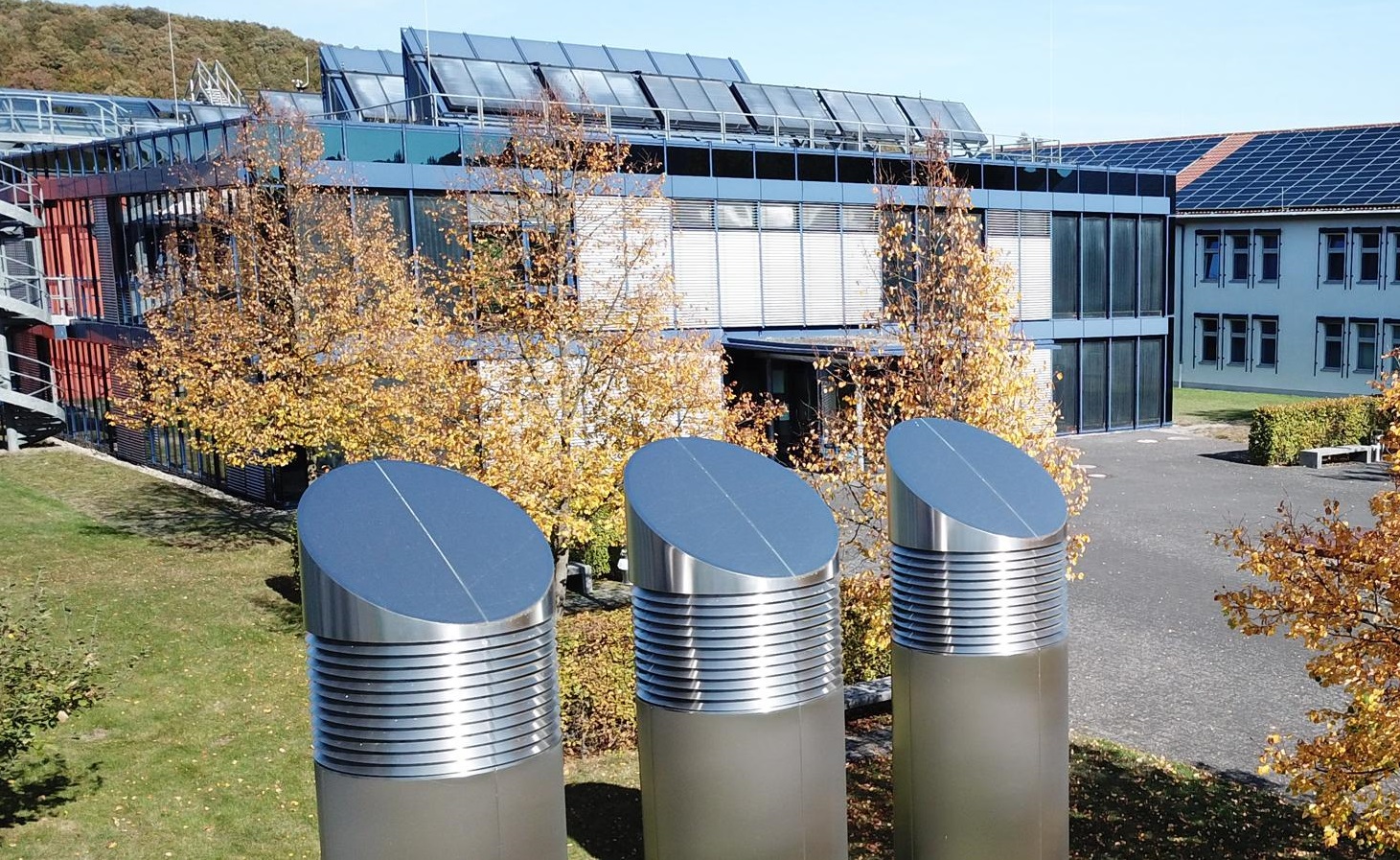Building technology and building energy efficiency
The building sector accounts for around 35 percent of the nationwide final energy consumption.
Since the majority of buildings are more than 40 years old and were thus erected before the first Heat Insulation Ordinance came into force in 1979, there is great potential for energy savings.
Modern buildings have a much lower energy consumption than old, barely insulated buildings. In addition, in order to achieve the climate mitigation goals, the renovation rate of buildings must be more than doubled in order to reduce the primary energy demand in the building sector by 80 percent by 2050.
The integration of regenerative energy supply by solar thermal, geothermal or heat pumps is now mandatory for new buildings. Due to technological developments in recent years, energy systems are now competitive with fossil systems in terms of costs.
In particular, a power supply by photovoltaic systems offers commercial and private customers an attractive and cost-effective alternative.
Building Information Management (BIM) can help to optimize processes and procedures during the planning and construction phase of new buildings and thus reduce costs.
In the long term, digitization in the construction sector will lead to the timely and cost-efficient implementation of construction projects through the continuous processing of building data throughout the life cycle and the improved exchange of data and information between all project participants.
Sustainable architecture aims to minimize the negative environmental impact of buildings by improving efficiency in the use of materials, energy, and development areas.
Sustainable construction thus uses a conscious approach to energy and environmental conservation in design. The idea of sustainability or ecological design is to ensure that the use of the resources available today does not lead to long-term impairment of collective well-being or make it impossible to use resources for further applications.
In particular, the use of wood in construction is celebrating a renaissance, as this renewable resource can be used flexibly and sustainably, meets the latest requirements in terms of processing and energy efficiency, and is climate-neutral.
